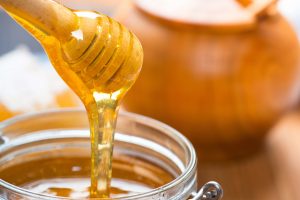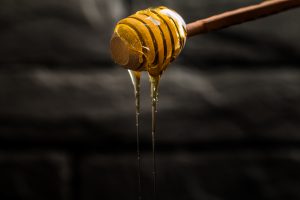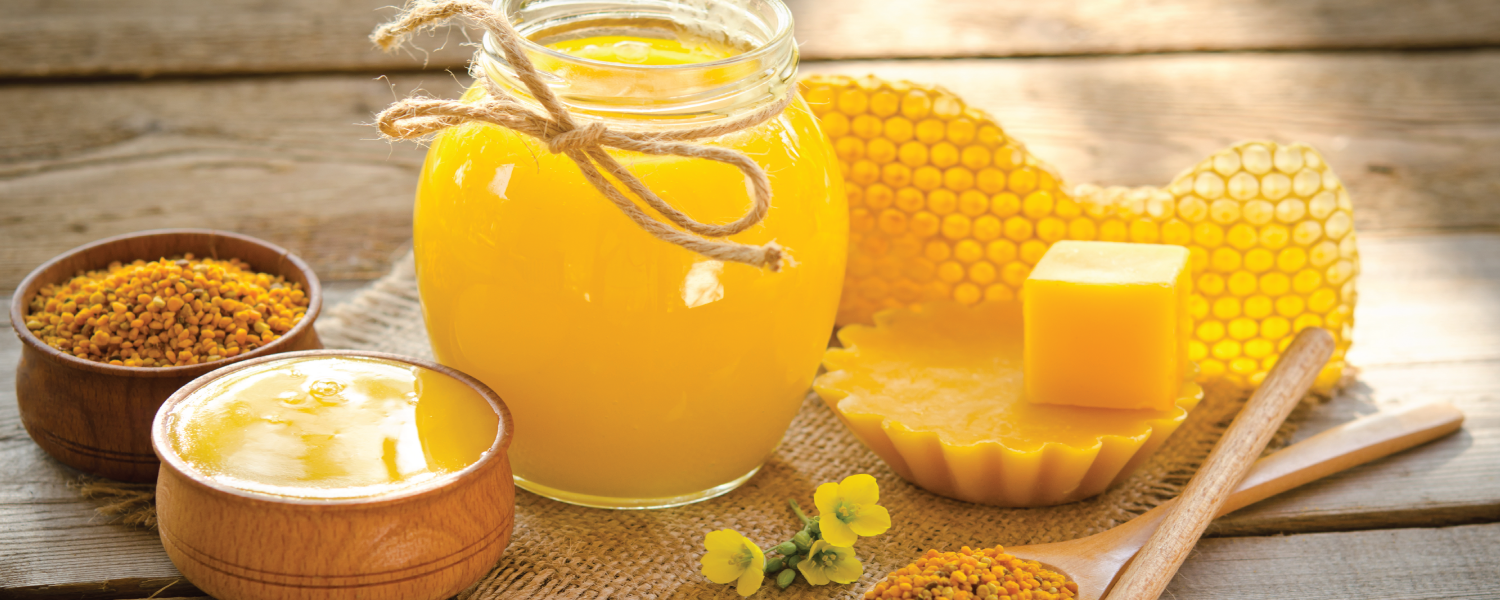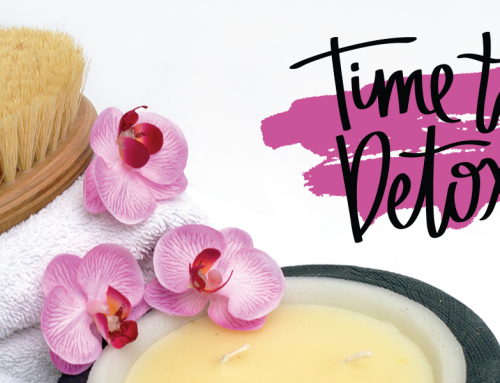Have you ever heard of Manuka Honey?
It is an incredibly powerful substance created by bees that pollinate the Manuka bush, found only in New Zealand and Australia.
Australian researchers have found that this honey is better than all known antibiotics. Why? Because pharmaceutical antibiotics have a short shelf life, in addition to the fact that bacteria tend to become resistant in a short period of time, rendering the pharmaceuticals useless.
But that is not the case with Manuka Honey. This type of honey not only kills bacteria, but none of the strains of bacteria tested have developed immunity against it.

It is not only a powerful antibiotic, but it also has many antioxidant, anti-inflammatory, antiviral, and immune-stimulating properties.
It is being used in cancer treatment and prevention, for high cholesterol, chronic inflammation, and diabetes. It is especially promising for skin wounds, which can be very difficult to treat due to antibiotic resistant super bugs.
Manuka honey also has incredible nutritional power
Manuka honey, when it is raw and unfiltered, is a great source of many vitamins and minerals, including amino acids, B vitamins, calcium, copper, iron, magnesium, manganese, phosphorus, potassium, sodium and zinc.
It contains up to 4 times more nutrition than regular honey!

How is Manuka Honey such a powerful antibacterial substance?
Discovered in 1981 by researchers in New Zealand, Manuka Honey has a much higher enzyme content than regular honey, which creates a natural hydrogen peroxide that works as an antibacterial. There are various strains of Manuka Honey with varying degrees of enzymes, which is known as the Unique Manuka Factor (UMF). This rating system will be visible on the bottle and should be adhered to when consuming. For example,
0-4 Non-therapeutic
4-9 Maintenance level with general honey health benefits
10-14 Supports natural healing and bacterial balance
15+ Superior levels of phenols that are highly therapeutic but shouldn’t exceed taking 1 tbsp at a time
Due to the high levels of enzymes that create hydrogen peroxide and sometimes methylglyoxal and dihydroxyacetone, you should only consume the higher UMF numbers under the direction of your health practitioner.

But the conditions that Manuka Honey can assist with, while ranging from 0-10 UMF are incredible, including…
• acne and eczema (applied topically and then wash it off after a few minutes when it is dry, repeated daily until clear)
• wounds and burns (applied topically as a dressing)
• irritable bowel syndrome (consumed as a tablespoon or in tea)
• sore throats and immunity (in tea)
• improved sleep (consumed as a tablespoon or in tea)
NOTE: If you are allergic to bees, you should use Manuka honey with caution due to possible allergic side effects and report any adverse reactions to your natural health care provider immediately.

Lucie M.H. Fournier RN, COHN(C), BA (Psych)
Founder/Workplace Health Strategist
With over 30 years of experience in disability management, and a return on investment on average of 1:7, Fournier disAbility & Health provides customized and results oriented services in Absenteeism Management including Attendance, Sick Time/Short, Long Term Disability, and WSIB claims for employers across Ontario.
Expertise in 5 distinct niches of disAbility management include:
1. Complex claims management resolution
2. Mental health claim return to work & accommodations
3. Advanced level training for internal claims manager to make a significant impact on the health of the employee and wealth of the organization
4. Transitional Leadership when moving to & from a 3rd party disAbility Management company
5. Sensitive claims & disAbility management of professional staff, such as HR, health team, and/or executives such as supervisors, managers, directors






Leave A Comment